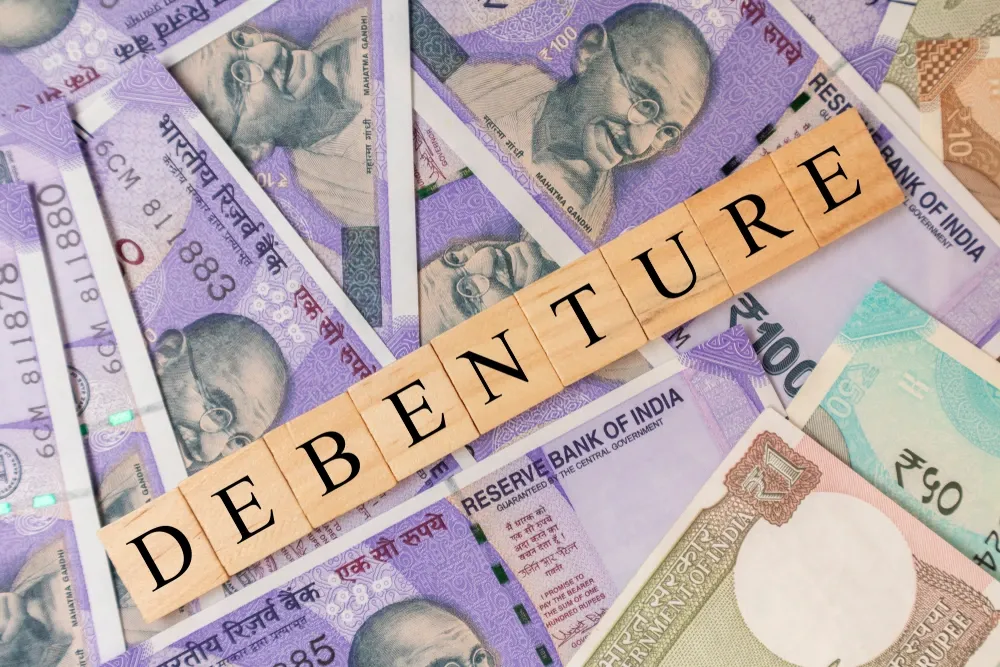Top 10 Cryptocurrencies to Invest in India
Written by Upstox Desk
Published on September 01, 2025 | 5 min read

Cryptocurrency investing has gained significant traction among young adults in India, evolving beyond a financial choice into a symbol of modern investment savvy. While traditional avenues like fixed deposits and savings accounts remain relevant, digital assets are increasingly becoming a part of diversified portfolios. Despite high tax implications, the market has witnessed a 36% surge in crypto investments, reflecting growing interest and confidence in this asset class.
As cryptocurrencies become a more prominent feature of the global financial landscape, navigating the volatile and complex Indian crypto market can be challenging for newcomers. With numerous coins exhibiting sharp price movements, staying updated on the top gainers and losers is essential for making informed investment decisions.
Cryptocurrencies Explained
Cryptographic tokens are digital assets based on cryptography. Tokens are created to solve a unique use case for each token or project. Tokens operate on a blockchain, a decentralised distributed ledger that relies on a basis of ownership that is public and available to everyone. Once any type of data or transaction is on the blockchain, it is immutable and irreversible.
Top 10 Cryptocurrencies to Invest in India
Experienced traders understand the difference between top gainers and losers as markets shift quickly. So, here are some of the most popular cryptocurrencies in India.
1. Bitcoin (BTC)
Bitcoin, created in 2009, is the most recognised cryptocurrency. It introduced blockchain technology to the world and has been increasingly used as a decentralised alternative to fiat currency.
Pros:
- The most recognised and followed crypto, with interest from large investors.
- More stable than newer cryptocurrencies.
2. Ethereum (ETH)
Ethereum, as a foundational blockchain platform in the ecosystem, introduced smart contracts and functions as a support platform for decentralised apps (dApps) beyond just currency.
Pros:
- Market leader in the DeFi and dApp space.
- Energy-efficient with a Proof-of-Stake consensus.
3. Binance Coin (BNB)
BNB was initially designed as a utility token for Binance exchange users, but has since evolved to support the broader BNB Chain ecosystem for decentralised applications (dApps) and low-cost transactions.
Pros:
- Lower fees and perks for users of the Binance exchange.
- High-speed, low-cost transactions on BNB Chain.
4. Solana (SOL)
Solana is a high-speed blockchain that uses a unique Proof of History consensus mechanism. The Solana blockchain is recognised for its high ability to scale and accommodate low-cost transactions, which appeal to DeFi and NFT projects.
Pros:
- Incredibly high throughput with transaction speeds up to 65,000 TPS.
- Extremely low transaction fees, with an estimated payment of approximately ₹0.00171 per transaction.
5. Ripple (XRP)
Ripple aims to simplify international payments for banks and other organisations, providing near-instant transaction capability instead of traditional wire transfer systems like SWIFT.
Pros:
- Near-instant international payments are better than traditional systems.
- Efficiently bridges traditional finance and blockchain technology.
6. Dogecoin (DOGE)
Dogecoin began as a meme-inspired joke and has evolved into a mainstream cryptocurrency, boasting a strong and active community, as well as recent celebrity endorsements, notably from Elon Musk.
Pros:
- Tons of community support. Its visibility is consistent.
- The unique meme status increases the potential for virality.
7. Polkadot (DOT)
Polkadot combines multiple blockchains into a single, unified network, enabling seamless asset and data transfers across different blockchains while maintaining scalability and interoperability.
Pros:
- Provides interoperability across many blockchains.
- Highly active development ecosystem.
8. Shiba Inu (SHIB)
Shiba Inu is a meme token inspired by Dogecoin. The token evolved quickly due to social media hype and decentralised community-driven initiatives, such as ShibaSwap.
Pros: Solid brand recognition in the meme coin arena. Shibaswap enhances ecosystem activity.
9. Cardano (ADA)
Cardano is a researched and peer-reviewed blockchain. Cardano focuses on scalability, sustainability, and smart contract capability using a secure Proof-of-Stake model.
Pros:
- Energy-efficient, eco-friendly Proof-of-Stake consensus.
- Scaled for sustainability and complicated DApps.
- Avalanche (AVAX) Avalanche, or AVAX, supports fast, decentralised transactions as well as smart contracts. It's known for scalability and supports many blockchain projects with low fees and high performance.
Pros:
- Fast transactions at low fees.
- Strong developer ecosystem and incentives.
Conclusion
The cryptocurrency market offers a wide array of tokens, ranging from well-established, general-purpose assets to niche tokens focused on specific areas, such as finance, scalability, and utility. This diversity caters to both novice and experienced investors.
While mainstream cryptocurrencies are often seen as more stable and beginner-friendly, seasoned investors may seek out lesser-known or emerging tokens in pursuit of higher returns. However, these high-reward opportunities come with heightened risks, including extreme price volatility, regulatory uncertainty, limited liquidity, and susceptibility to market sentiment. As a result, careful research and a clear understanding of risk appetite are essential before entering the cryptocurrency space.
FAQs
Is cryptocurrency legal in India?
Yes, cryptocurrency trading is legal in India. However, it is subject to regulations and heavily taxed, with a 30% tax on gains and a 1% TDS (tax deducted at source) for transactions.
What are the best cryptocurrencies for beginner investors?
For beginners, bitcoin (BTC) and ether are subject to regulations, are stable and have a good reputation, and have been a(tax-deductible) option for transactions for long-term investing.
How much should I invest in crypto?
Invest what you can lose. 5-10% of your entire portfolio is typically recommended, as the market is volatile.
Is crypto investment taxable in India?
Yes. All profits from trading cryptocurrency are taxable at a rate of 30%, and a 1% TDS amount is payable on any transactions exceeding ₹10,000 within a financial year.
Where can I buy cryptocurrencies in India?
You can purchase cryptocurrencies (using INR) from cryptocurrency exchanges such as WazirX, CoinDCX, and Zebrom, as well as international platforms like Binance and Coinbase.
About Author
Upstox Desk
Upstox Desk
Team of expert writers dedicated to providing insightful and comprehensive coverage on stock markets, economic trends, commodities, business developments, and personal finance. With a passion for delivering valuable information, the team strives to keep readers informed about the latest trends and developments in the financial world.
Read more from UpstoxUpstox is a leading Indian financial services company that offers online trading and investment services in stocks, commodities, currencies, mutual funds, and more. Founded in 2009 and headquartered in Mumbai, Upstox is backed by prominent investors including Ratan Tata, Tiger Global, and Kalaari Capital. It operates under RKSV Securities and is registered with SEBI, NSE, BSE, and other regulatory bodies, ensuring secure and compliant trading experiences.
























